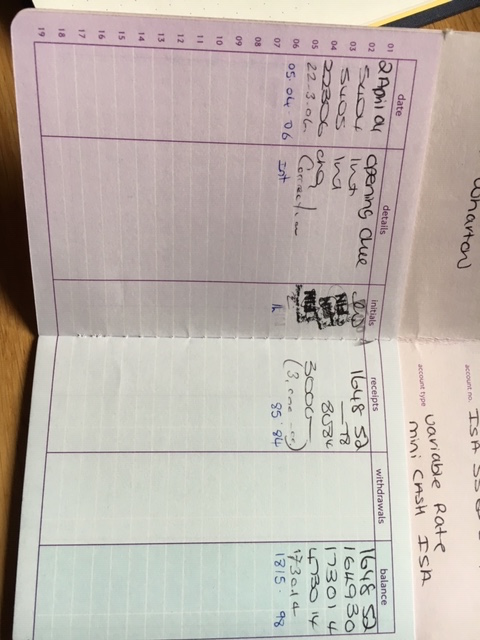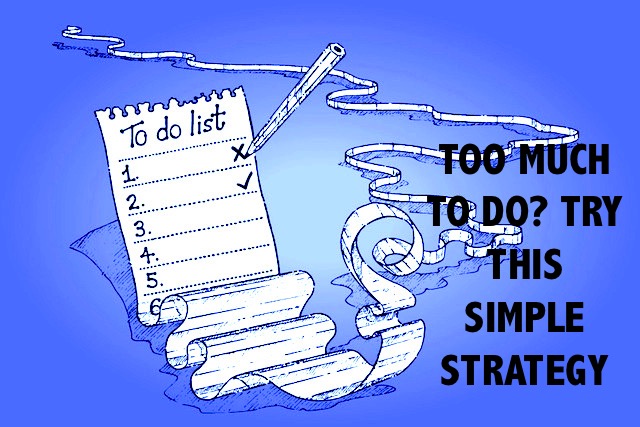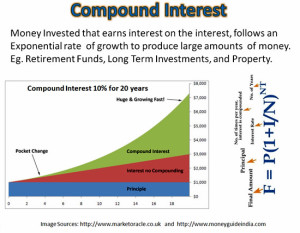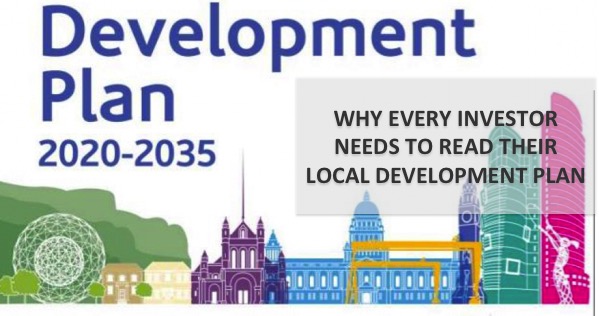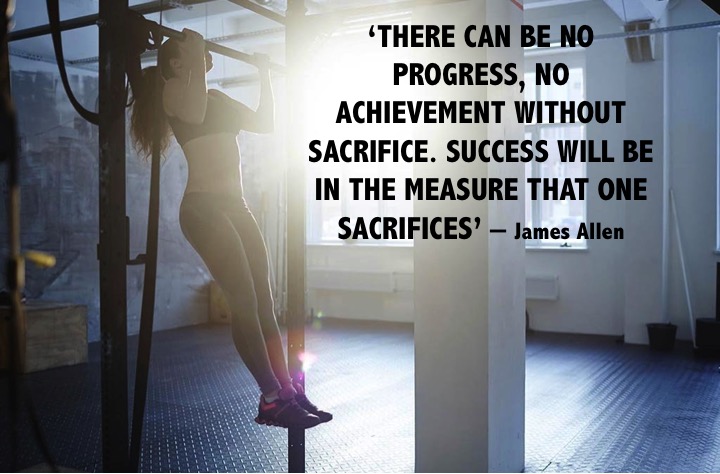In the previous post I shared my excitement about discovering the Big Five personality traits, and subsequently highlighted why conscientiousness is the single personality trait most consistently associated with life success. [In case you missed it I’ll put a link to the part 1 of this post below]
We left off with the question – are we born with a set level of conscientiousness or can we improve it? On further reading I was relieved to discover that this success trait is definitely something that can be trained and improved upon.
Lifting the lid on conscientiousness and willpower
So, lets dive a little deeper into the make-up of conscientiousness. Some neuroscience studies look at conscientiousness as a set of behaviours not simply a trait that people have or don’t have. Neuroscientists and psychologists have shown that these conscientious behaviours stem from one’s self-control and willpower.
What we are really saying is that if we can improve our self-control and willpower we can benefit from more of the good stuff that conscientiousness brings.
Unlike IQ (which we are born with), willpower, and therefore conscientiousness, can be can increased. Like a muscle, exerting willpower makes your self-control ability stronger over time.
However, willpower is like a finite energy source— using it burns it up, and you have to replenish it. Anything that involves self-control draws on that one willpower fuel source. For example, dieting all day long takes energy away from your ability to hold back your temper at the end of long, hungry day.
Many researchers who study self-control have proven that, just like our physical muscles, we are able to strengthen our willpower by training it.
How to strengthen your willpower
Like a muscle, willpower can be strengthened. With practice and resistance training, our ability to control our impulses in pursuit of delayed, greater goals can grow (i.e. conscientiousness can improve), giving us the energy to easily resist short term temptations in favour of the important task at hand. Here’s several ways that neuroscientists and psychologists have suggested we can strengthen the willpower muscle.
To help jump-start your willpower training I’ve put together a willpower workout for recruiters following the key points below.
1. Monitor your behaviour
We’ve all heard business greats preach that you can’t improve what you don’t measure. Well the same is true here; it’s hard to practice self-control if you aren’t aware of your current behaviour and routines. It’s the power of tracking- anyone who’s studied personal finance will know that if you want to take control of your personal finances, one of the first things you need to do is understand your outgoings and incomings by tracking them daily.
2. Make habits and automate positive behaviour
Using the analogy of going to the gym, in the beginning it requires a lot of self-control to resist the urge not to go. But over time, as going to the gym becomes a habit, it’s going to require much less willpower. It will start to feel automatic.
Nathan DeWall, a psychology professor at the University of Kentucky, explains that once hard activities begin to feel routine, they require less willpower; you have to fight yourself less and that frees up valuable energy that can be spent elsewhere.
3. Pre-commit and hold yourself accountable
How can you use pre-commitment to keep yourself from giving in to unwanted desires? I have heard it said that, ‘100% commitment is easy, and 95% commitment is a b*tch!’ Once you have committed to something you can avoid the indecision and debate process which saps energy and willpower resources. When you’ve already committed it’s easy, just do it.
To layer in accountability use pre-commitment measures like making your goal public and then have a friend or colleague to make sure you do what you say.
4. Control your environment
Supermarket stores are designed to play off our depleted willpower. “They don’t put fresh produce by the checkout for a reason,” DeWall says. “They know you’ve just made a bunch of decisions; they know you’re exhausted, so that’s where they put the junk food.”
Whilst you can’t change your supermarket’s layout, you can control the environment at your home and at your workplace. Don’t put yourself in temptation’s way, or if you do then have a plan to avoid it. It requires far less energy to resist responding to a facebook message if it is turned off when you want to focus.
5. Prioritise by energy exertion
Because on any given day we have a finite amount of willpower, it’s important that we don’t deplete the well too soon. If you’ve read Brian Tracy’s book “Eat That Frog” you will be familiar with the concept of chewing through the toughest task at the beginning of the day.
Instead of writing out a standard to-do list of tasks, try ranking them in terms of energy or the amount of self-control required. For example, a task requiring a lot of strategic thought is better done when your willpower levels are high.
I personally structure my days to have a 60-90 min focused session first thing on the most important task. So that might be deal analysis or business development calls for our SA business for example.
6. Eat the elephant one step at a time
People often give up not because they lack willpower, but because they feel overwhelmed by the enormity of the goal they must accomplish. A good way to deal with this feeling of overwhelm is to break the goal down into manageable chunks (sub-goals), and then put them back together in a way that guarantees success.
By setting sub-goals you avoid willpower depletion. As an added upside, when you reach each sub-goal, you will derive an enormous sense of satisfaction and pride in yourself, making it that much easier to tackle the next one.
7. Guard against stress
Kelly McGonigal, PhD and author of ‘The Willpower Instinct’ explains that willpower is a response that comes from both the brain and the body. It’s important that we learn to manage our stress levels because being under high levels of stress means that our body’s energy is used up in acting instinctively and making decisions based on short-term outcomes. The part of the brain responsible for willpower loses out in the battle for our energy when high-stress is involved.
Inadequate sleep, poor nutrition and emotional distress are common causes of stress and the result is that the victim suffers from poor attention and lower mental performance. Increasing your capacity for pressure and more importantly listening to your body when you feel stressed is crucial.
Summary
So in responding to the original question of can individuals improve their level of conscientiousness (and experience greater success)? Yes. But there is no quick fix. Referencing one of my favourite Jim Rohn quotes,
“What is easy to do is easy not to do”.
It requires an understanding of the connection that conscientiousness has to self-control and willpower. It’s then about creating a reinforcing cycle of using willpower to build willpower.
In conclusion, conscientiousness is the character trait of saying “no” to our short term, impulsive desires and “yes” to the real goals we set and the meaningful desires of others. Once we’ve decided this is the right thing to do, we then engage our self-control to actually make it happen. By intentionally practicing this, our self-control becomes stronger and we become successful at managing our wills.
What tactics do you engage when it comes to willpower in your work?





